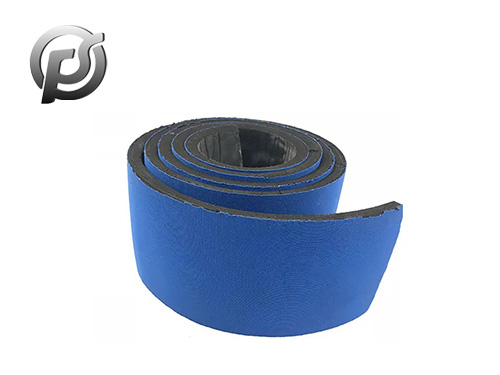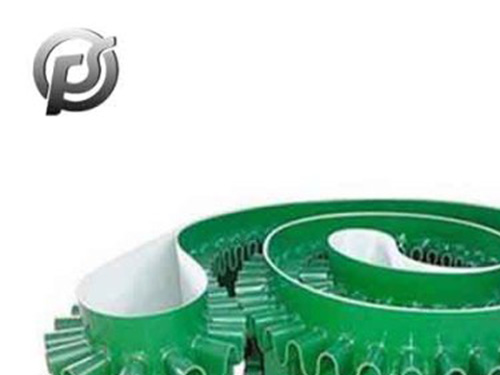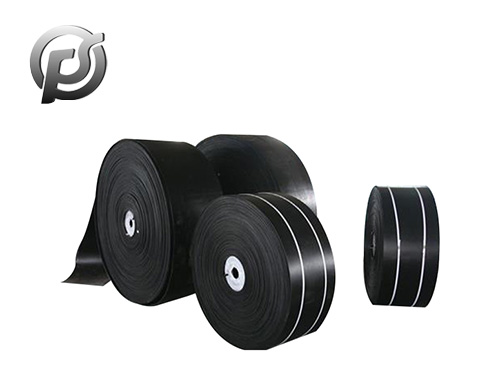PE (Polyethylene) conveyor belts have emerged as a cornerstone solution in the realm of material handling, offering a myriad of benefits that streamline operations across various industries. This article delves into the multifaceted advantages of PE conveyor belts, highlighting their durability, efficiency, and versatility in enhancing productivity and performance.
Durability:
PE conveyor belts boast exceptional durability, making them ideal for demanding industrial environments. Constructed from high-quality polyethylene materials, these belts exhibit resistance to abrasion, chemicals, and extreme temperatures, ensuring prolonged service life even in harsh operating conditions. Their robust construction mitigates the risk of premature wear and tear, minimizing downtime and maintenance costs while maximizing operational uptime.
Efficiency:
Efficiency lies at the core of
PE conveyor belts, facilitating seamless material handling processes with precision and reliability. Their smooth surface minimizes friction and reduces energy consumption, optimizing throughput and operational efficiency. Additionally, PE conveyor belts offer excellent gripping properties, ensuring secure transportation of materials without slippage or product damage. This enhanced efficiency translates into improved production rates and cost savings, driving overall profitability and competitiveness.
Versatility:
One of the defining features of PE conveyor belts is their versatility, catering to a wide range of applications across diverse industries. Whether transporting bulk materials in mining operations, facilitating food processing in the agricultural sector, or conveying packages in logistics and distribution centers, PE conveyor belts offer unparalleled adaptability. Furthermore, their compatibility with various conveyor systems, including roller conveyors, inclined conveyors, and curved conveyors, enhances flexibility and scalability, accommodating evolving operational needs with ease.
Applications:
PE conveyor belts find extensive applications across a myriad of industries, playing a pivotal role in optimizing material handling processes and enhancing operational efficiency. In the food and beverage industry, these belts ensure hygienic and sanitary transportation of goods, complying with stringent safety standards and regulatory requirements. In manufacturing facilities, PE conveyor belts facilitate seamless assembly line operations, enabling the efficient movement of components and finished products.
Moreover, in the agricultural sector, PE conveyor belts facilitate the handling and processing of crops, grains, and bulk materials, streamlining harvesting, sorting, and packaging operations. From automotive manufacturing to pharmaceutical production, PE conveyor belts serve as a reliable and versatile solution, underpinning diverse industrial processes with efficiency and precision.
In conclusion, PE conveyor belts represent a cornerstone technology in modern material handling, offering unmatched durability, efficiency, and versatility across diverse industries. As businesses strive for operational excellence and competitive advantage, the adoption of PE conveyor belts emerges as a strategic imperative, driving productivity, reliability, and profitability in the dynamic landscape of industrial operations.
 PE Conveyor Belts: Characteristics, Applications, and Advantages
PE Conveyor Belts: Characteristics, Applications, and Advantages
 Stone Conveyor Belt: Enhancing Efficiency and Productivity in Material Handling
Stone Conveyor Belt: Enhancing Efficiency and Productivity in Material Handling
 Exploring the Efficiency and Versatility of Light Conveyor Belts
Exploring the Efficiency and Versatility of Light Conveyor Belts